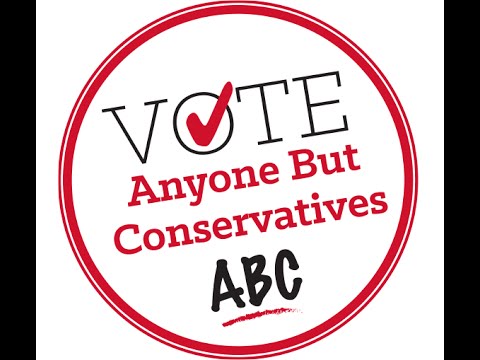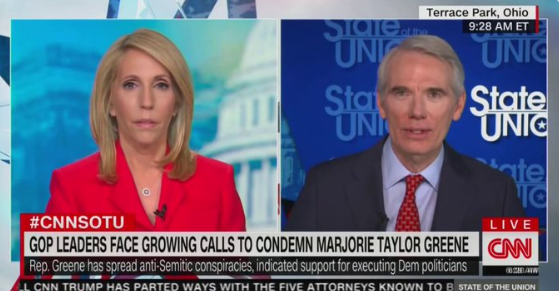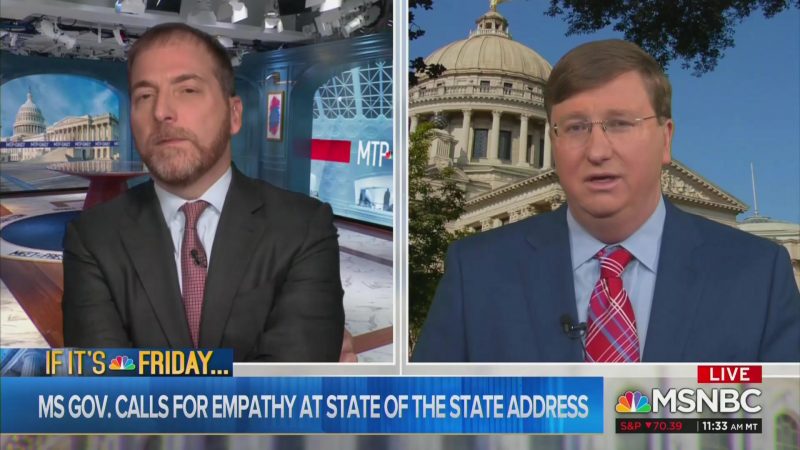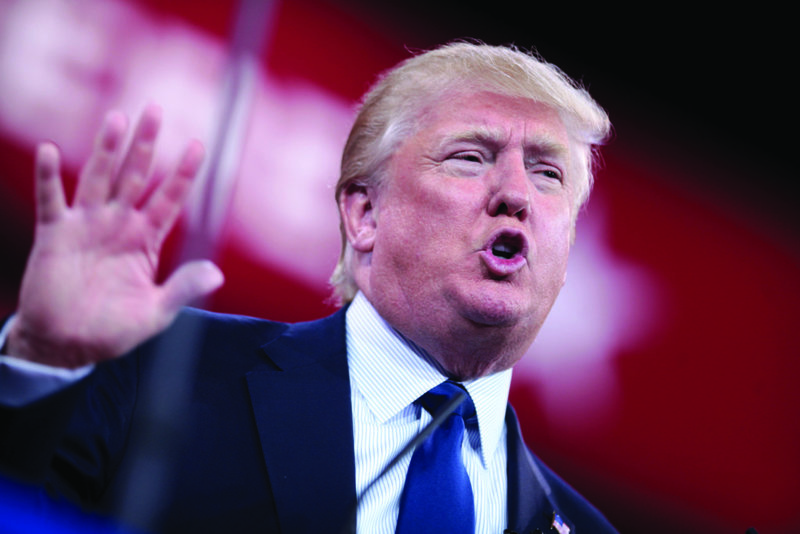Reform Conservatives Wail As GOP Leadership Continues 2016 Suicide Mission

One of the more interesting features of the 2016 Republican Party crackup are the ringside seats available to watch conservative factions debate how and why the GOP meltdown came to pass. New York Times Op-Ed columnist Ross Douthat, a self-proclaimed “reform conservative” has boldly leapt into the fray to call his party out for a “relatively muted response to Trumpism.” Moreover, Douthat characterizes the GOP’s overall election strategy as “Do nothing, change nothing…And if the party is reduced to actual rubble in the process, well, the important thing is that the purity of a policy vision from thirty-five years ago has been preserved in its pristine, handed-down-from-heaven form.”
In a morass of 2016 craziness, this is still mind-bending stuff. Throughout a political writing career spanning almost a decade, I’ve singled out Douthat as one of the worst offenders of blind adherence to party personalities and platform. Clearly I have to suspend the accusation (at least temporarily) and give credit where it is due. In the same despondent, conservative, NYT columnist boat sits David Brooks. On the April 4 edition of NBC’s Sunday morning talk institution, Meet the Press, viewers were treated to this remarkable exchange between Brooks and moderator Chuck Todd:
“Todd: All right, David. We’ve been here, I want to say four weeks ago you were convinced Trump wasn’t going to get the nomination. Two weeks ago, you wanted to say you were convinced, but you weren’t comfortable saying anything. Where are you today?
Brooks: Morally defeated.”
The swift decline in traditional Republican pundit support and enthusiasm for the party’s current prospects is astonishing. Or so at least is the honesty with which these individuals are willing to own their heartbreak. The terror is real and thus for tender liberals (myself included), a new emotion has cropped up as a byproduct of reading and listening to conservatives try to make sense of the insensible: empathy.
As a number of reform columnists like Douthat have noted, the Republican Party’s present challenges began long before Trump steamrolled the remaining shreds of public discourse. In a late March piece entitled Trumpism After Trump, he writes, “Trump has laid bare real divisions in the party, particularly the wide divide between many working class Republicans and the GOP’s agenda-setting elite.”
This is undeniably true. When Republicans lost the 2008 and 2012 elections to a young African-American man with a Muslim-sounding name, they knew something fundamental had shifted. It’s great fun today to review RNC Chairman Reince Preibus’ infamous post-Romney autopsy report – mostly because this sensible document has been completely ignored in practice. The party’s subsequent pivot to local elections while maintaining a chokehold majority on the House of Representatives lulled members into a block, watch and wait crouch.
But here’s the thing: other than scream “no” to every Obama administration proposal while using local politics to assault women’s rights, voting laws and LGBT equality, the GOP hasn’t addressed the day to day concerns of struggling Americans. This reality (and not Obama) underpins the party’s modern revolt. The most disappointed Obama liberals draw comfort from pointing to a President who’s accomplished much of his agenda in spite of a perverse, do-nothing Congress. Toward what can 2016 Republicans gesture as a source of party pride?
So in the summer of 2015, smelling opportunity like the successful snake oil salesman he is, Trump announced his candidacy for the Republican nomination – and blew a hole right through the party. And what we have today, as evidenced by the increasingly desperate arguments of reform conservatives like Douthat, is a GOP with many branches of disharmony: Establishment, Tea Party, Trumpists, Reformers. The #NeverTrump movement, playing out like a carnival sideshow across our television and computer screens, demonstrates that these separate arms aren’t going to reach out and hug each other anytime soon.
The only issue uniting the establishment and reformers is a mission to stop Trump. Let’s reflect upon that for a moment. Blocking the general public’s Republican choice for the 2016 nomination brings leadership together. Not stonewalling Hillary Clinton, but warring with their very own nominee. It’s madness.
Is it too late for the party to pivot and focus on the commonsense recommendations of Douthat, Brooks and other reform conservatives? Yes, because the GOP has utterly and completely painted itself into a corner. They’ve committed to working toward an open convention in Cleveland and too much has been said, publicly and privately. This is not a group that likes to admit mistakes (Paul Krugman has developed a post-2008 cottage industry assailing Republicans on this topic). So to the horror of reformists and the delight of liberals, this shit show must be suffered to the bitter end. Republican boots are too far in the dung pile.






